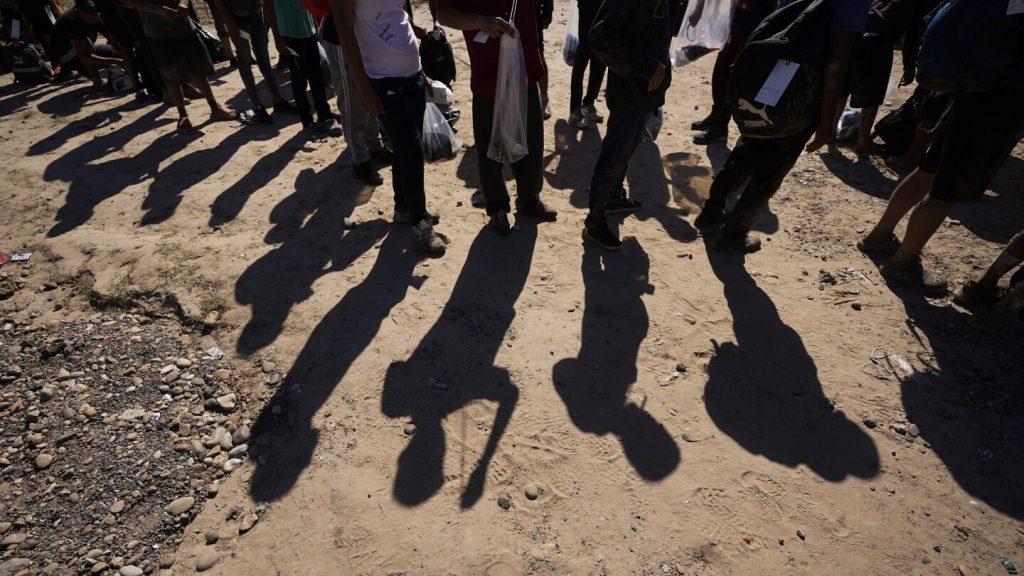A recent federal appeals court ruling has put a temporary hold on Texas’ new immigration law, which allows for the arrest of migrants suspected of entering the U.S. illegally. The ruling prevents the enforcement of the law until a broader decision is made on its legality. The 2-1 ruling follows a confusing series of events that began when the Supreme Court allowed the law to take effect for a brief period, leading to anger and anticipation along the U.S.-Mexico border. The same panel of appeals judges will hear arguments on the law next week.
Texas authorities had announced no arrests under the law during the short window it was in effect before being blocked by the appeals panel. Chief Judge Priscilla Richman cited a 2012 Supreme Court decision that struck down portions of a similar Arizona immigration law, including arrest power. The Texas law has been considered by opponents as the most drastic attempt by a state to police immigration since the Arizona law. The Justice Department argues that Texas’ law violates federal authority and would create chaos at the border.
The Texas law creates state criminal offenses and procedures related to unauthorized entry into Texas from outside the country. Judge Richman highlighted that the power to control immigration has historically been an exclusively federal power for nearly 150 years. Judge Andrew Oldham dissented from the majority decision, arguing that Texas should be able to use its sovereignty to enforce laws that its people and leaders want. The law was briefly in effect after the Supreme Court cleared the way, but the latest ruling has maintained the block on enforcement.
The law allows any Texas law enforcement officer to arrest individuals suspected of entering the country illegally. Once arrested, migrants can either agree to leave the U.S. or face prosecution for illegal entry. If they do not leave, they could be arrested again on more serious felony charges. However, many sheriffs have expressed concerns about enforcing the law, citing practical challenges such as lack of transportation, space in jails, and the distance to the nearest port of entry. Some sheriffs have also expressed concerns about possible civil rights violations and racial profiling.
Critics of the Texas law argue that it could lead to civil rights violations and racial profiling. However, supporters maintain that arresting officers must have probable cause, such as witnessing illegal entry or seeing it on video. They also believe that the law would mainly be applied in border counties, although it applies statewide. Mexico has stated that they would refuse to take back individuals ordered to cross the border by Texas. The enforcement of the law remains in question as the legal battle continues in court, with both sides presenting their arguments on the issue.


